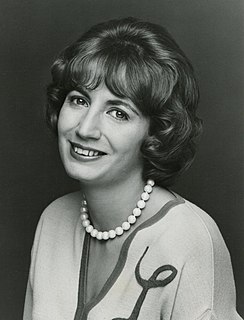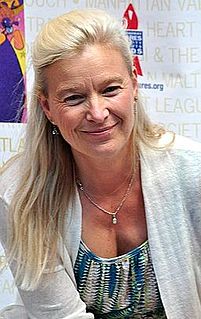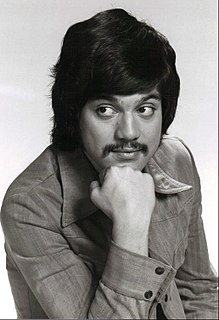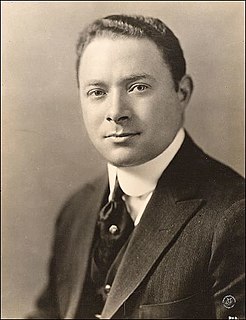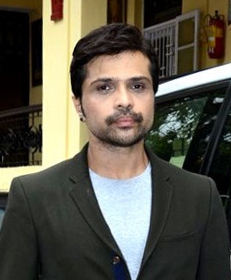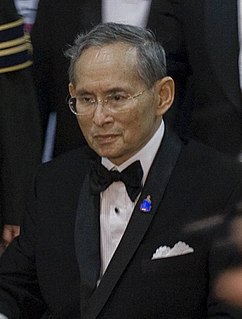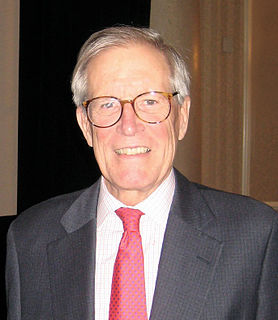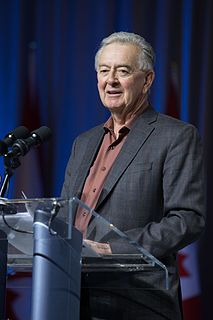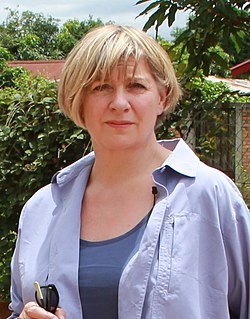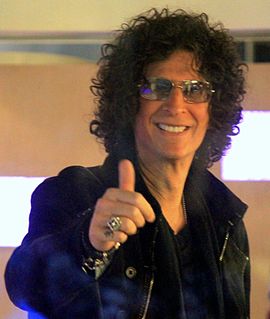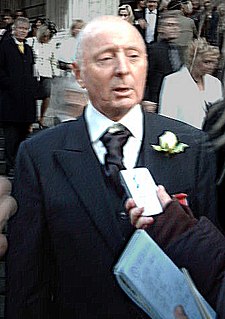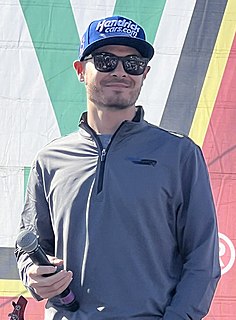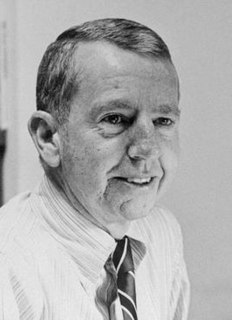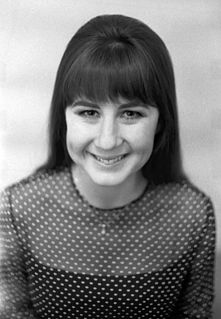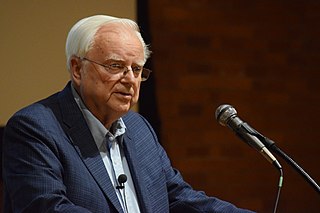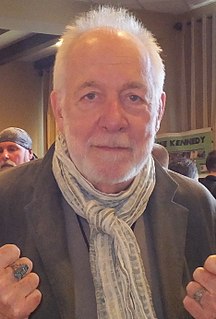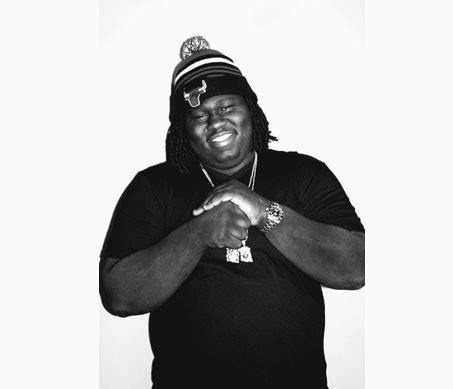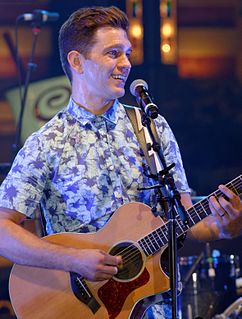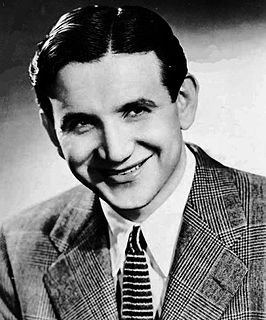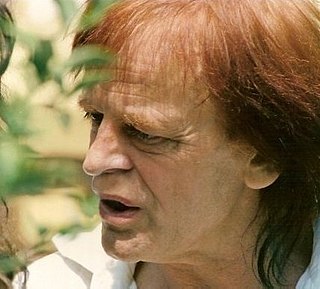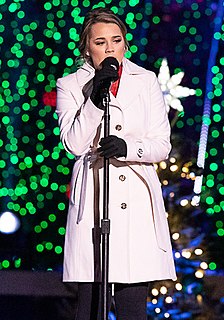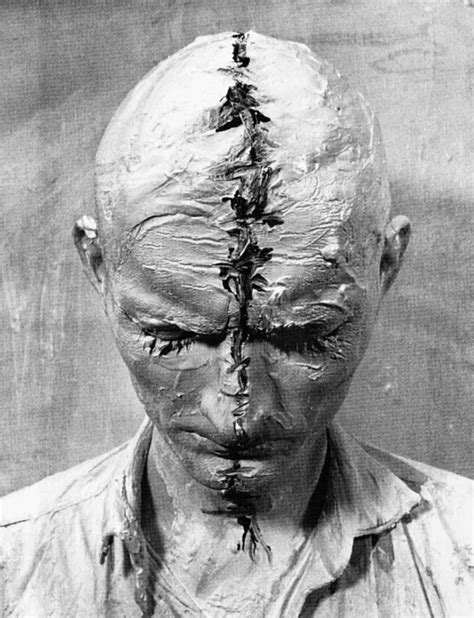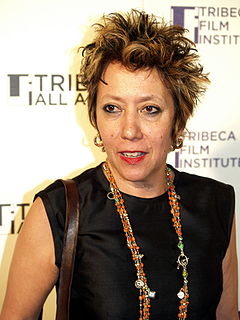Top 1200 Public Radio Quotes & Sayings - Page 6
Explore popular Public Radio quotes.
Last updated on December 2, 2024.
It is not necessary for the politician to be the slave of the public's group prejudices, if he can learn how to mold the mind of the voters in conformity with his own ideas of public welfare and public service. The important thing for the statesman of our age is not so much to know how to please the public, but to know how to sway the public. Those who manipulate this unseen mechanism of society constitute an invisible government which is the true ruling power of our country.
The radio voice, you're in the studio, there's nobody around, and you're using your personality and enunciation skills to get the message across. At the stadium, there are vendors, there are people, the fans talking to each other. It's very difficult. If you were to speak as a radio disk jockey, no one would ever understand what you're saying.
I spent many years writing and directing in radio drama, so I am comfortable with an audience or a microphone, but I do worry about the blurring of an author's public persona with the work itself. A good 'performer' can make a mediocre book sound strong, and a shy author can leave listeners missing the excellence of his or her writing.
Radio, or at least the kind of radio we're proposing to do, can cut through that. It can reach people who would otherwise never hear your work, and of course I find that very notion inspiring. Radio stories are powerful because the human voice is powerful. It has been and will continue to be the most basic element of storytelling. As a novelist (and I should note that working my novel is the first thing I do in the morning and the very last thing I do before I sleep), shifting into this new medium is entirely logical. It's still narrative, only with different tools.
But the thought leaders on talk radio and Fox do more than shape opinion. Backed by their own wing of the book-publishing industry and supported by think tanks that increasingly function as public-relations agencies, conservatives have built a whole alternative knowledge system, with its own facts, its own history, its own laws of economics.
The thing about radio is that it's got an intimate feel. What I like is that you don't have to give it your full attention - you can still do something else that the same time, whereas TV is all-enveloping: you have to sit there and pay attention to it, and give yourself over to it. You have to surrender to it, but you don't with radio.
Television is likely to do more to revolutionize politics than sound broadcasting did. Political candidates may have to adopt new techniques to benefit from visual radio: their dress, their smiles and gestures, all will be important. How they look, as well as what they say, may determine to an appreciable extent their popularity. The eyes of the public will be upon them.


